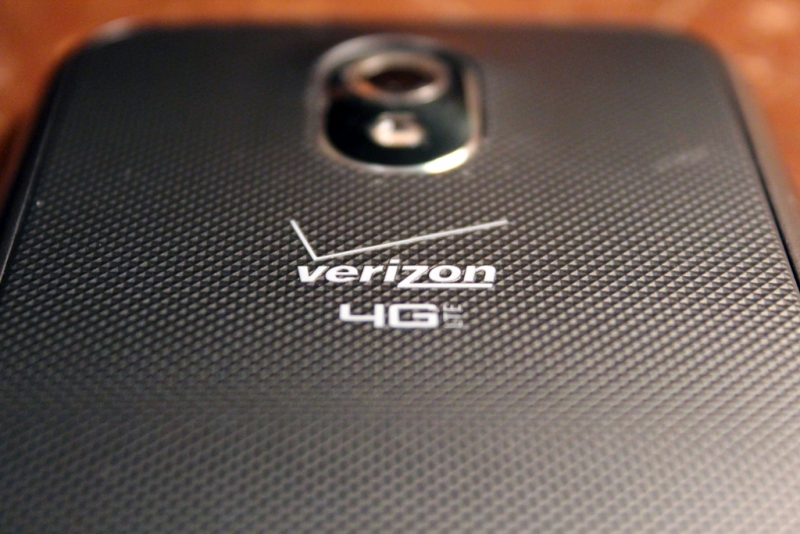Starting October 1, Verizon customers on unlimited data plans that meet certain criteria will see their 4G LTE wireless connection throttled as part of what the carrier calls "Network Optimization," a practice that previously only affected 3G connections.
The good news is that the list of criteria that must be met for speed reduction to occur is pretty lengthy. Here's the full rundown according to Verizon:
- Top 5% of data users (you use 4.7GB of data per month or more)
- Enrolled on an unlimited data plan or feature
- Have fulfilled their minimum contract term
- Are attempting to use data on a cell site that is experiencing high demand
Keep in mind that a customer must meet all of the above criteria before reduced speeds kick in. Also, once a user has been throttled, they may continue to be impacted for the rest of the current billing cycle and through the next billing cycle.
The key here seems to be whether or not you're on a high demand network or not. Verizon doesn't consider this to be true throttling as speeds aren't reduced for the entire billing cycle, 100 percent of the time. For example, if you are a heavy data user and there's plenty of available bandwidth, your speeds won't be impacted.
Unlimited data plans were once an effective marketing method but as we slowly transitioned to a data-heavy society, carriers realized they could make more money by eliminating unlimited data plans and moving customers to tiered plans where they can charge a lot for overages.
According to DroidLife, more than 20 percent of Verizon data customers are still on unlimited plans. Verizon, however, claims this figure isn't accurate and the actual percentage is lower.
